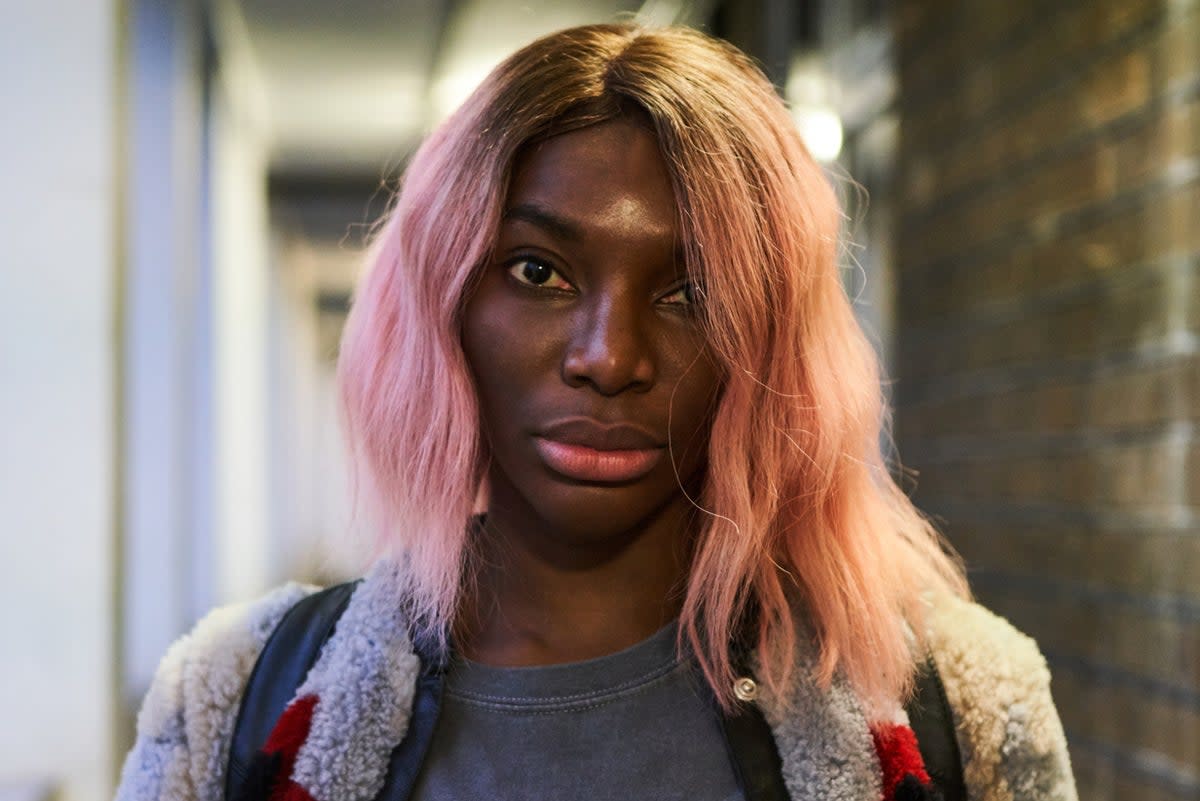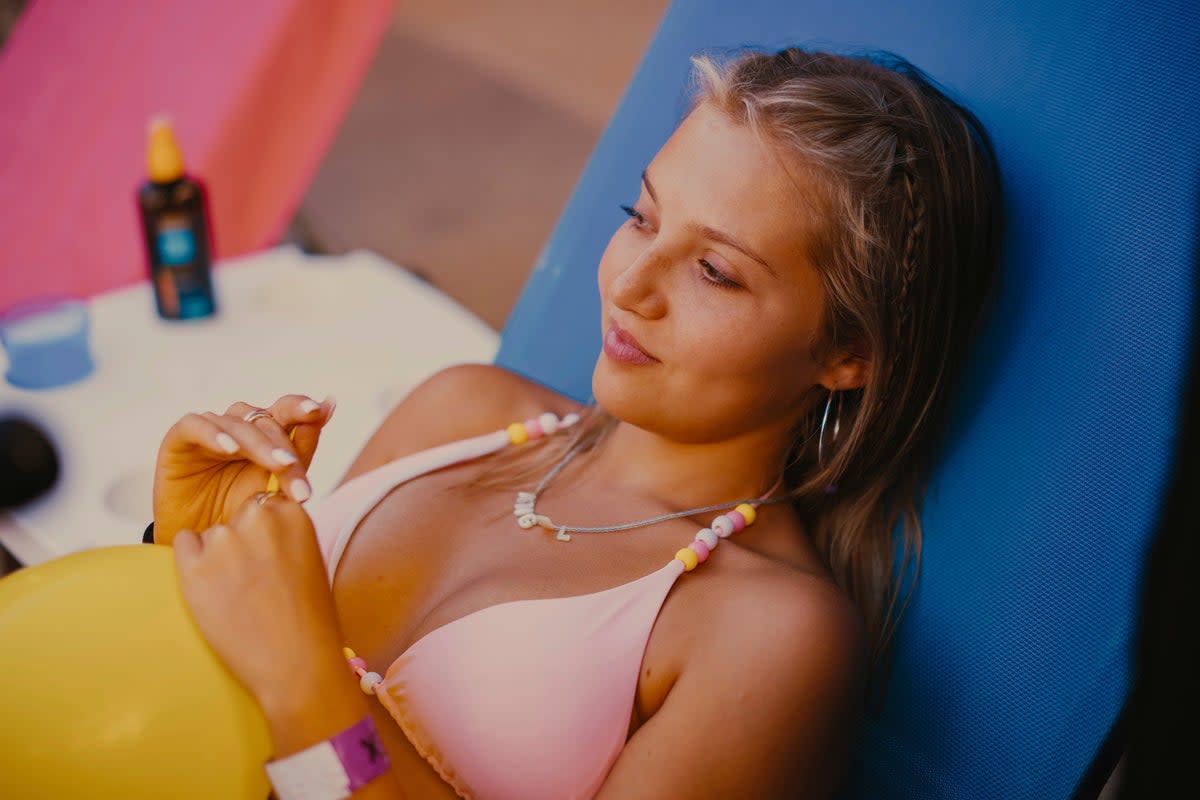Rape scenes are a vital part of pop culture – they just need to be done right

Some of the most memorable scenes I’ve seen on screen involve sexual assault. Years after watching them, I can still recall every detail. How it was filmed. If there was music playing. Where I watched it. What feelings it stirred in my own body. These scenes have disturbed, devastated, and galvanised me. Often all at the same time.
So I was shocked to hear the actor and writer Doon Mackichan, of the comedies Two Doors Down and Toast of London, as well as the seminal sketch show Smack the Pony, suggest that they only make things worse for women. Speaking at the Hay Festival over the weekend, the 61-year-old lamented the nation’s obsession with “crime porn” and described it as “profoundly deflating for women”. She continued: “We are watching stuff that makes us debilitated and exhausted, it just doesn’t help us overcome this. We are wading in very, very ugly waters of misogyny and violence against women.”
Mackichan went on to explain that she had been motivated to speak out against rape scenes after two female actors told her about the “horrific” experiences they had filming them. Mackichan recalled that one actor was told “that if she felt uncomfortable, just shout … but she had lost her voice, she was being pinned down by four guys”. “We have got a bit used to it and we have to realise what an aberration it is to women to be watching this kind of thing,” Mackichan added.
I couldn’t disagree more. Of course, any kind of violence on screen should be filmed and produced with the utmost sensitivity to the actors involved, a vital practice that the entertainment industry – both in the US and overseas – only recently seems to have adopted via the advent of intimacy coordinators, whose job it is to choreograph scenes of a sexual nature. And I can only imagine how difficult it must be to get this right. But there are so many people out there doing just that – and creating immensely powerful and educational scenes as a result.
I still remember the sense of liberation I felt when I saw Michaela Coel’s character in her brilliant BBC drama, I May Destroy You, being the victim of stealthing, a form of sexual assault involving nonconsensual condom removal. It was that specific scene that helped me realise it had also happened to me – something I wrote about soon after – prompting an inundation of messages from women who said the same. The thing that united us? We initially all blamed ourselves and, due to a lack of education in this area, didn’t realise that stealthing was a form of rape, let alone that it is also a crime.

I May Destroy You changed that. Just as it also changed perceptions around male victims of sexual assault – Paapa Essiedu was praised for his performance in the series, his character raped by a man with whom he’d just had consensual sex. Similar conversations have been sparked around Netflix’s Baby Reindeer, which depicts the rape of its lead character, Richard Gadd’s Donny, a scene inspired by Gadd’s own experiences. These scenes, though, have been somewhat overshadowed by the controversy surrounding the series.
Earlier this year, there was another excellent example of depicting rape on screen in the form of Molly Manning Walker’s celebrated film How to Have Sex. In it, we see Mia McKenna-Bruce as Tara, a teenage girl getting drunk with her friends on their first summer holiday together. In the film’s final scenes, Tara is sexually assaulted by a boy she reluctantly had sex with the day before.
Scenes like this should be taught in schools. All of them are nuanced, insightful, and very sensitively handled, which is why they’ve so massively resonated with survivors such as myself. Not only do they make victims feel less alone, but they also help to educate those who are fortunate enough not to have had any experience with sexual violence, and raise awareness of the wide-ranging forms it can take. They can make people realise they’ve been raped, subsequently driving them to seek support and potentially legal justice. They might even make people realise they’ve raped someone.
When it comes to conversations around sexual violence, we underestimate the role pop culture can play. Perhaps this is partly because there have been so many moments when this has gone badly wrong. At best, rape has typically been used on screen as a dramatic tool, something to add a little flair to a storyline (see ITV’s Liar and the BBC’s Apple Tree Yard). At worst, it’s romanticised or fetishised, depicted as a moment of tension between two impassioned lovers in a spat (see Game of Thrones); this is also a narrative that is commonly used in pornography. One analysis, in 2021, of content on mainstream pornography sites found that one in every eight titles advertised to first time users in the UK described sexually violent or nonconsensual activity.
The trouble is that when rape is depicted badly, the ramifications are dire. But when it’s done well, the reward is immeasurably high. We can only hope that as intimacy coordinators become more widespread, and film and television wises up to the necessary nuances surrounding the issue, that things will improve. As opposed to seeing a demise of rape scenes altogether, we’ll get better, more constructive, and more impactful ones. I really hope we do – and when it happens, that they’re shown to as many people as possible.


